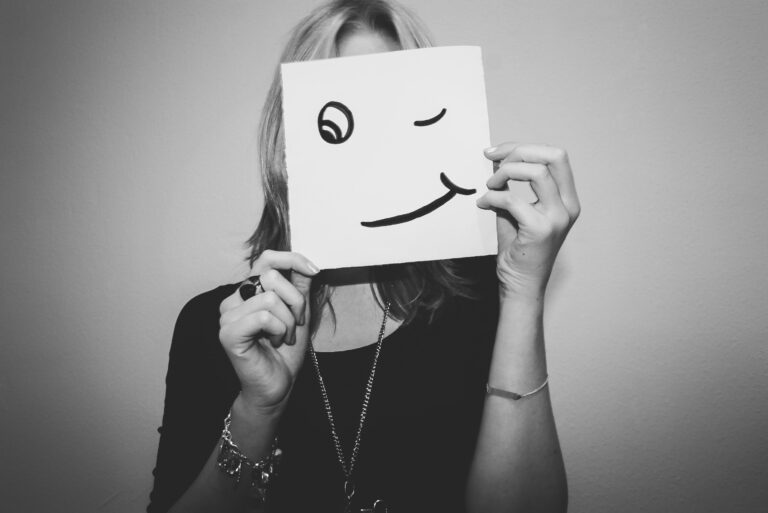
The Masks We Wear: Protective Defense or Self-Imprisonment?
It’s not just at Halloween that we readily put on masks. We reach for one, much like a hermit crab scurrying to find a new shell at any sign of threat. We want to present an image that fits in and covers our softer spots. This is an adaptive defense, but problems arise when masks calcify into armor.
For some, Halloween masks provide a fun outlet to openly express latent aspects of themselves in a theatrical way. Donning costumes reflecting secret wishes or sides of our personality can help us embrace more of our authentic selves. This form of masking allows safe exploration and externalizing of inner worlds.
However, beyond the context of costumes and stagecraft, everyday masking can evolve over time into armoring and concealment. Like a hermit crab’s borrowed shell, masks allow you to navigate social currents, connecting while still feeling protected. But after too long, masks morph into armoring—more confining than sheltering. Suppressing your true self just to fit in eventually harms your spirit.
When do masks go too far? Here are some signs your personas have hardened into restrictive armor:
You feel constantly unable to express your unique quirks and truths openly. You’ve edited and filtered yourself down to a generic, inauthentic version. Your deep wisdom and insights stay locked up tight, fearing judgment or rejection if you are too much yourself.
You pretend to agree with things you don’t believe. Old passions and dreams gather dust because they don’t fit the armor’s image. You feel emotionally numb, disconnected from your core.
No one seems to fully know you—not friends, family, or even yourself lately. You hide behind humor and busyness to avoid revealing hidden pain. You lash out when someone gets too close to an unhealed wound.
You carefully construct every text, email, and social media post to project the right image. The mental effort to sustain this is exhausting. You second guess your authentic reactions constantly.
For those who experienced trauma or insecure attachment early on, extensive masking and armoring comes naturally. Adopting masks young meant their true self couldn’t fully emerge. Shedding that ingrained armor now requires gently, over time, peeling back layers through healing relationships. It means daring to be vulnerable bit by bit, while nurturing self-love.
For all of us, black and white thinking doesn’t help. The goal isn’t to immediately bare our whole self to the world. Mindful masking lets us share incrementally while staying true to our core. But we need to stay alert so the masks don’t take over and cut us off from open relating.
Your armor may have protected you through past hardships. But now it’s limiting your growth, keeping you fearful and isolated. Take heart though—with consistent courage and compassion, these walls can come down. Peeling off layers allows the incredible you within to emerge, unconfined.
Owning our truths is scary stuff, but so worth it. As we surround ourselves with our support circle and gradually set aside the heavy armor, we open to deeper connections. We integrate the parts of ourselves we’ve hidden away, no longer imprisoned by fear. With courage and compassion, we can step forward as our real, unfiltered selves.
You deserve to belong simply as your uncensored self. I’m here to support you as you ease off masks, shells, and filters, to live out loud, authentically YOU!
What are your thoughts on protective masks vs. imprisoning armor? What has helped you reveal your inner truth to the world?




Shanda
November 1, 2023 at 1:45 amThank you for the article! The entirety of it resonated with me, especially the following sentence: “Suppressing your true self just to fit in eventually harms your spirit.”
One day, years ago, I cried and realized that my true self had died long before that moment.
It hadn’t occurred to me that my protective masks may have morphed into imprisoning armor; however, after some thought, I agree with you. I’ve worn numerous protective masks since childhood that have suffocated the adult me. It’s overwhelming, exhausting, and sad.
Out of guilt and obligations, I stayed in certain situations past the expiration date. In a move to be my authentic self, I’ve distanced myself from certain people; with others, I’ve let them go. I just dropped them without explanation. Perhaps that’s not ideal, but I’m 100% okay with my choices. I’m a better person and I choose to no longer pretend to be someone I’m not.